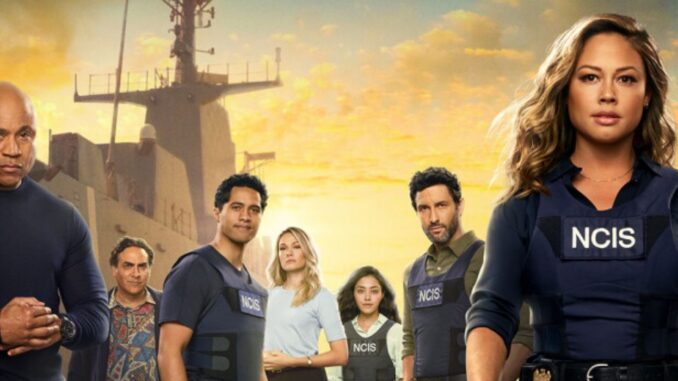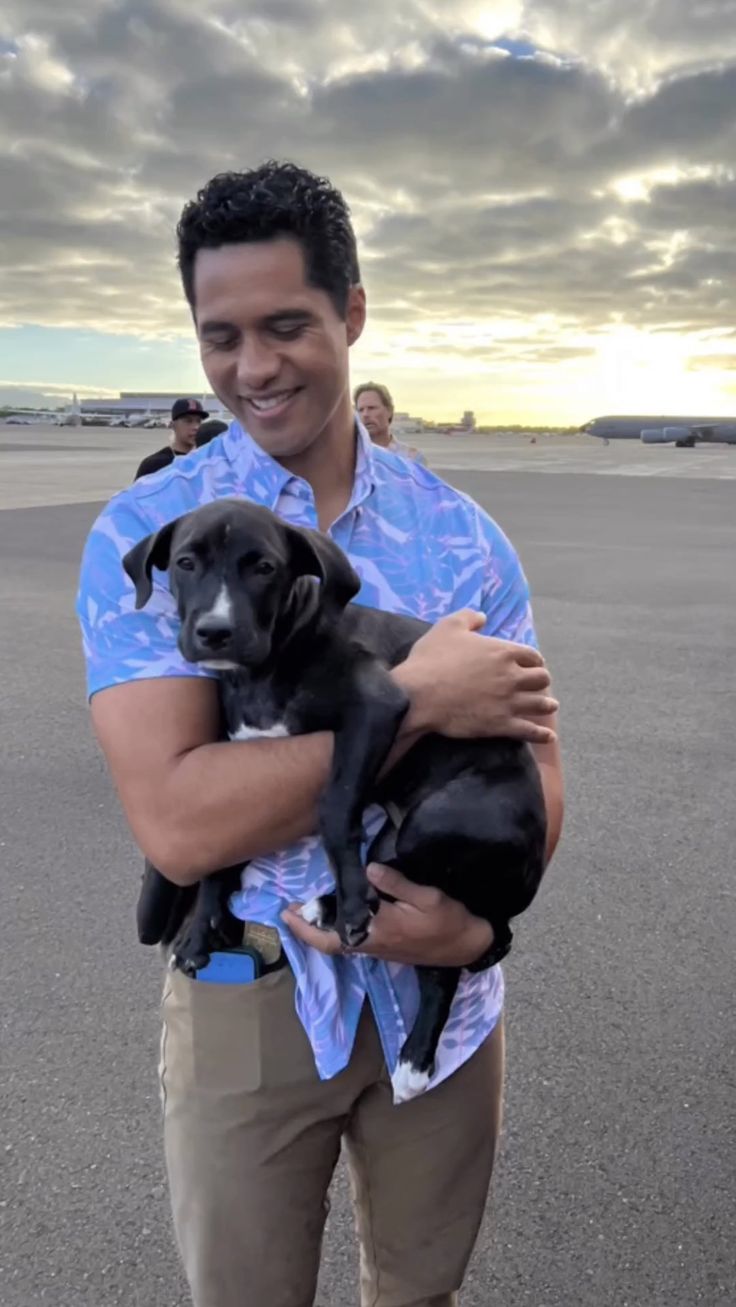
When the announcement came that NCIS: Hawai’i was canceled after just three seasons, fans were stunned. After all, the NCIS franchise is one of the most successful in TV history. So what went wrong? Why did NCIS: Hawai’i get canceled faster than any other show in the franchise? Let’s dive into the real story—beyond the headlines—to find out what led to the unexpected downfall of this tropical spin-off.
A Franchise Built to Last—Except in Paradise?
The NCIS Legacy and What It Usually Guarantees
For most shows, just being connected to the NCIS name is a golden ticket. The original series has been running strong since 2003, with NCIS: Los Angeles and NCIS: New Orleans also enjoying long, successful runs.
But NCIS: Hawai’i? It barely made it out of the gate.
Quick Stats on the Franchise’s Lifespan
-
NCIS (original): 20+ seasons and counting
-
NCIS: Los Angeles: 14 seasons
-
NCIS: New Orleans: 7 seasons
-
NCIS: Hawai’i: 3 seasons 😬
That’s not just shorter—it’s alarmingly short by NCIS standards.
The Real Reasons Behind the Cancellation
Declining Viewership Numbers
Let’s be honest. Ratings matter. And for NCIS: Hawai’i, they just weren’t strong enough.
The Numbers Game
Season 1 started strong, averaging about 5.4 million viewers per episode. But by Season 3, that number had dropped significantly. Compare that to the mothership NCIS, which still pulls in 7–9 million viewers per episode, and the writing was on the wall.
Competition in the Monday Night Slot
The show faced tough competition in its time slot, often losing viewers to reality TV juggernauts and streaming giants like Netflix and Hulu.
Aloha Spirit, But No Spark?
Mixed Audience Reactions
From the beginning, fans had mixed feelings about the tone and style of NCIS: Hawai’i.
“Too Soft” for NCIS?
Many longtime NCIS fans complained that Hawai’i lacked the grit and edge of its predecessors. Some even said it felt more like a travel documentary than a high-stakes crime drama.
Chemistry Concerns
Let’s be real: character chemistry is the lifeblood of any ensemble show. While Vanessa Lachey led the cast with charisma, the ensemble lacked the tight dynamic fans had come to expect from other NCIS teams.
Budget Cuts and Behind-the-Scenes Drama
A Show Too Expensive to Maintain
Filming in Hawaii is beautiful… and expensive. From location costs to transporting equipment and crew, it was a costly venture.
Network Budget Tightening
CBS, like many networks, has been tightening its belt. A mid-level show with expensive production and lukewarm ratings? That’s a red flag in budget meetings.
When the spin-off series NCIS: Hawai’i premiered on CBS in 2021, the show was notable for being the first series within the NCIS franchise to have a female lead, with Vanessa Lachey’s NCIS Special Agent in Charge Jane Tennant, who leads a team of special agents at the field office in Hawaii. However, NCIS: Hawai’i, which is the fourth series in the franchise and spans three seasons, now has the dubious distinction of becoming the shortest-lived series within the franchise following the show’s surprising cancelation.
Moreover, the abruptness of the cancelation decision meant that NCIS: Hawai’i was denied the opportunity to provide the same series-ending closure that was afforded to previous spin-off shows NCIS: Los Angeles and NCIS: New Orleans, which ran 14 and seven seasons, respectively, before their cancelations.

With the cancelation of NCIS: Hawai’i, the lone existing spin-off series is NCIS: Sydney, the first series to be set outside the United States, which was recently renewed for a second season. The cancelation of NCIS: Hawai’i resulted from a combination of factors, including flat ratings, high production costs, and the need for CBS to make room on its increasingly crowded and deep schedule, which includes the upcoming prequel series NCIS: Origins. Like what happened with the long-running CBS shows Blue Bloods and S.W.A.T., for which the show’s cast and crew made meaningful sacrifices to avoid cancelation, the producers and stars of NCIS: Hawai’i agreed to sizable budgetary cuts and other concessions to allow the show to at least survive through a fourth and presumably final season.
The cancelation of NCIS: Hawai’i, which was a top 20-rated show throughout its run, owes partially to the sheer strength of the CBS schedule, in which the network has struggled to accommodate a glut of quality shows. The cancelation announcement for NCIS: Hawai’i followed the cancelation of CSI: Vegas and So Help Me Todd, both of which were top 25-rated shows. In addition to being a casualty of a historically strong schedule, for which CBS has committed to airing five new series for next season, NCIS: Hawai’i also fell victim to a cost-cutting drive by CBS and parent company Paramount Global, in advance of a potential sale of the company. This created an environment in which CBS was willing to cancel a show that any other network almost certainly would have been happy to renew.